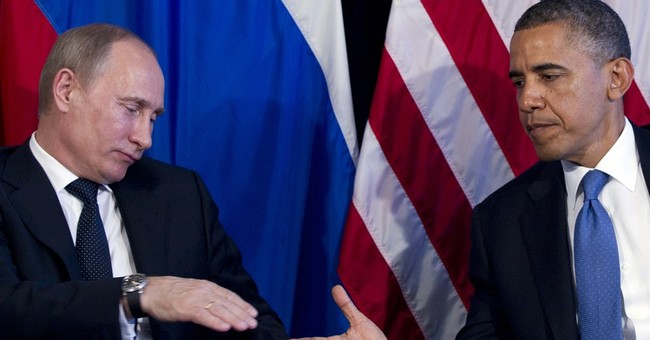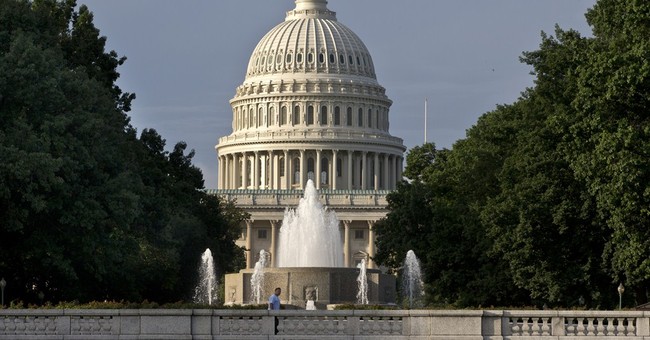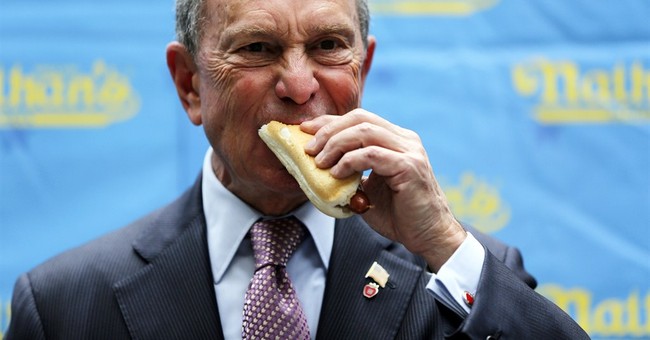
Third parties have had an unbroken record of failure in American presidential politics. So it was refreshing to see in the Tea Party an insurgent movement, mainly of people who were not professional politicians, but who nevertheless had the good sense to see that their only chance of getting their ideals enacted into public policies was within one of the two major parties.
More important, the Tea Party was an insurgent movement that was not trying to impose some untried Utopia, but to restore the lost heritage of America that had been eroded, undermined or just plain sold out by professional politicians.
What the Tea Party was attempting was conservative, but it was also insurgent -- if not radical -- in the sense of opposing the root assumptions behind the dominant political trends of our times. Since those trends have included the erosion, if not the dismantling, of the Constitutional safeguards of American freedom, what the Tea Party was attempting was long overdue.
ObamaCare epitomized those trends, since its fundamental premise was that the federal government had the right to order individual Americans to buy what the government wanted them to buy, whether they wanted to or not, based on the assumption that Washington elites know what is good for us better than we know ourselves.
The Tea Party's principles were clear. But their tactics can only be judged by the consequences.
Since the Tea Party sees itself as the conservative wing of the Republican Party, its supporters might want to consider what was said by an iconic conservative figure of the past, Edmund Burke: "Preserving my principles unshaken, I reserve my activity for rational endeavours." \CONTINUE READING
.









